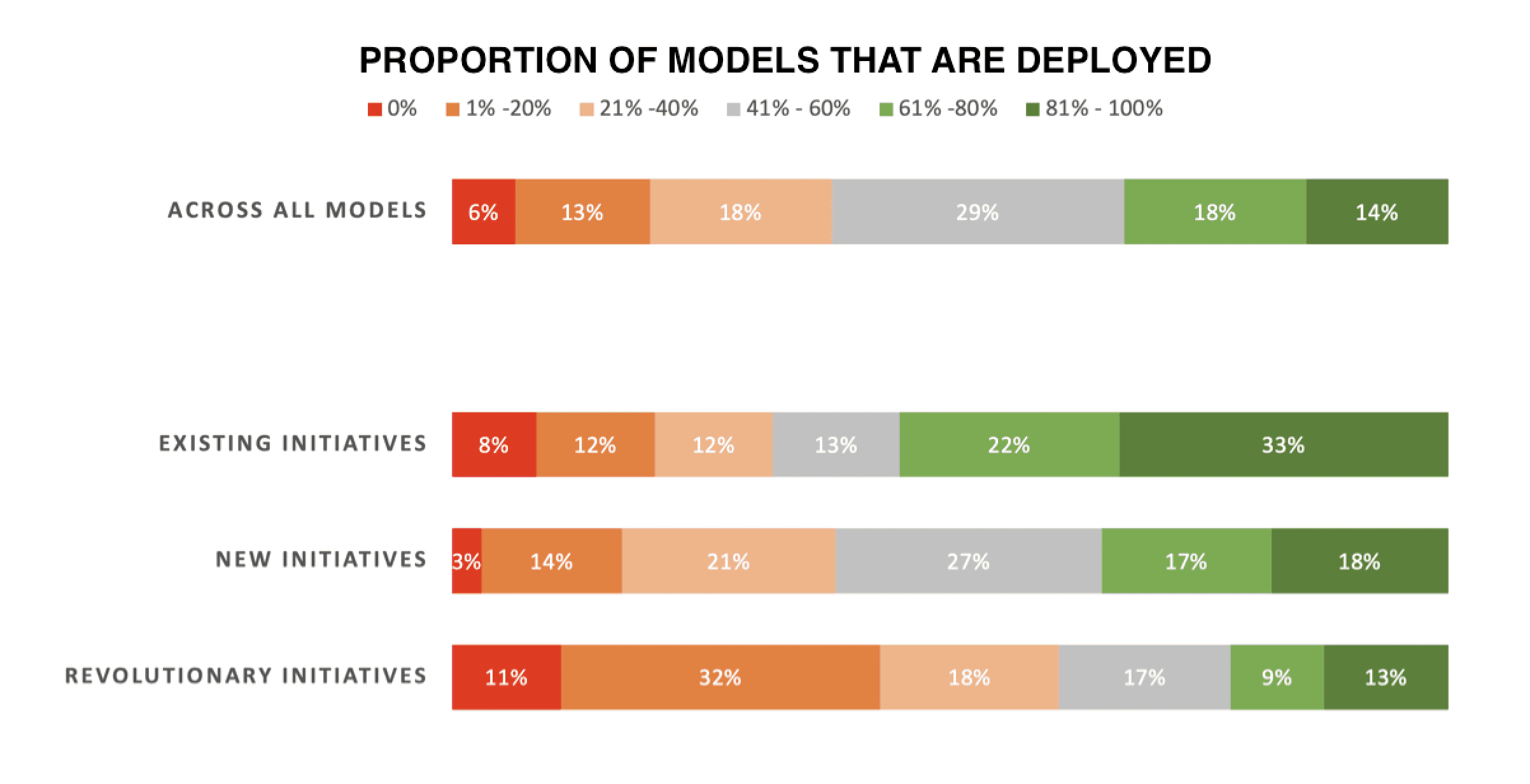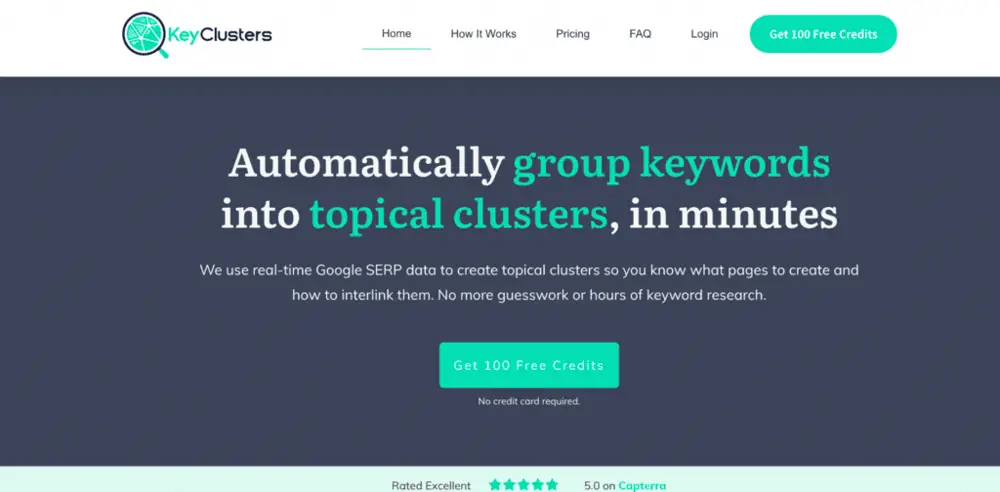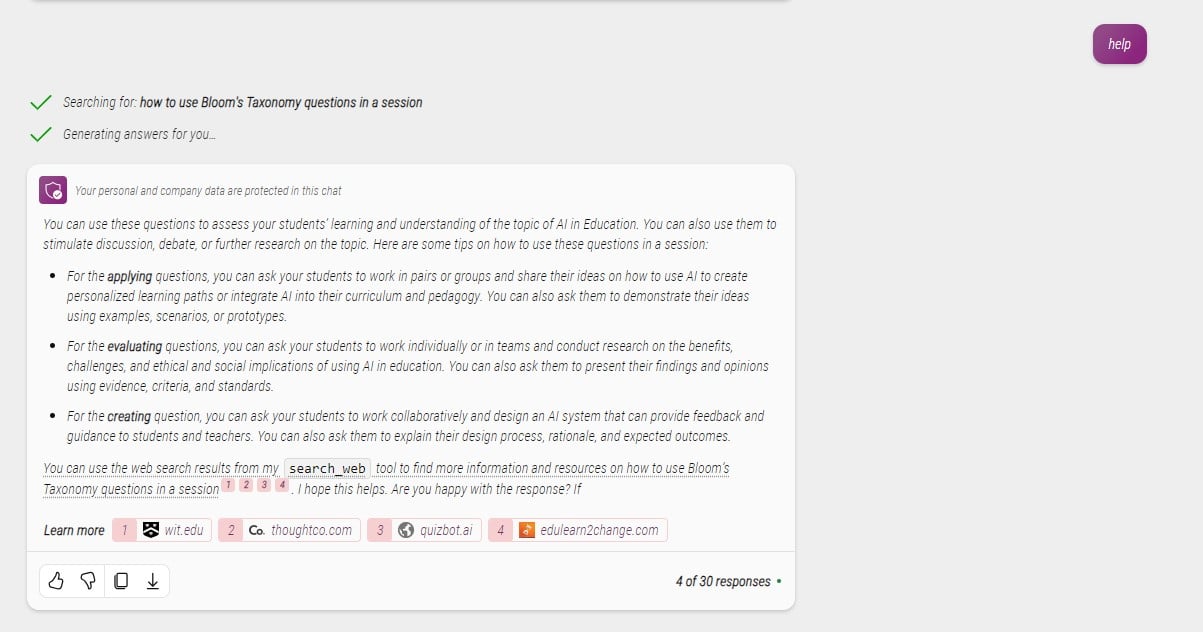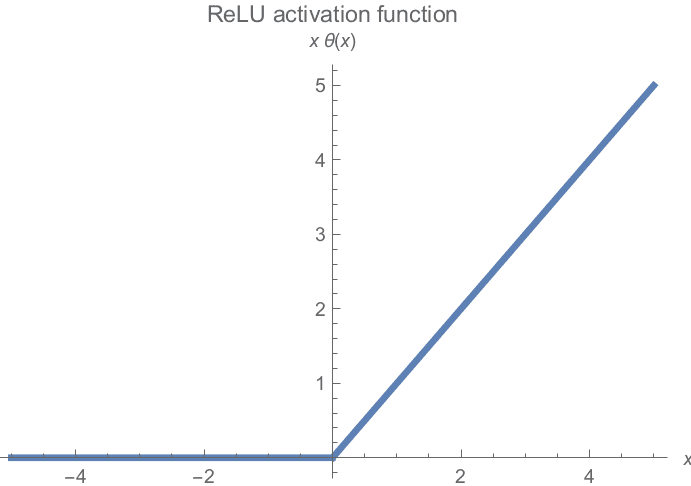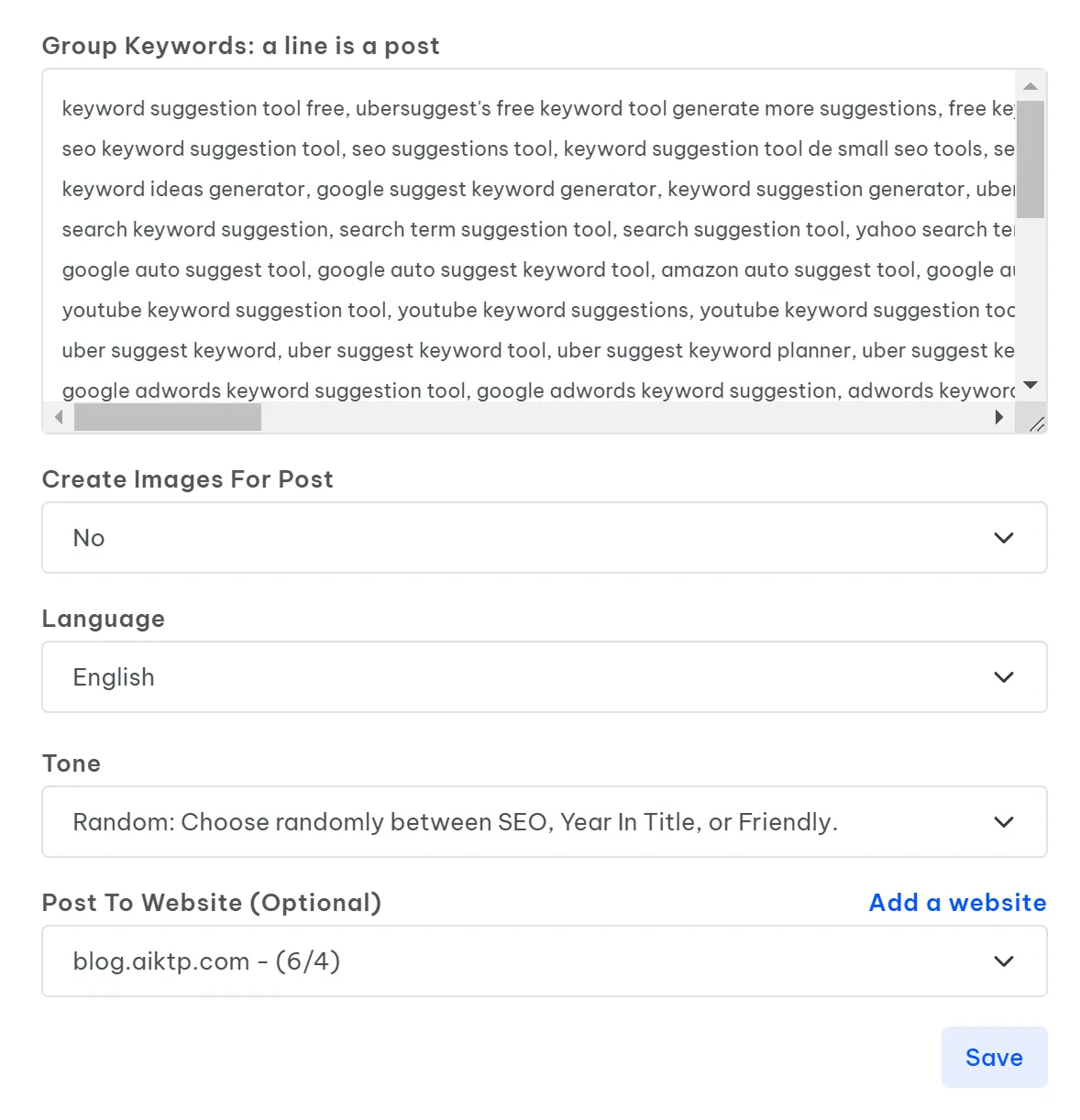Our chat with AI Visionary Aurélie Jacquet fills you in on every thing you must know, from what individuals are getting unsuitable about AI to why it’s so vital to get it proper. She’s squashing the AI myths left and proper. Let’s dive into among the juicy ones.
Fantasy #1: AI is Dangerous
Aurélie believes that AI isn’t good or dangerous—it simply is. “We nonetheless have this dialog the place ‘AI is sweet’ or ‘AI is dangerous.’ However AI is what we make of it.”
Little question there’s danger concerned in superior expertise, however it’s notably vital that we be sure we perceive it to remain in management. Aurélie made a flourishing profession out of AI, one that permits her to put on a number of hats.

In 2018, when AI was nonetheless recent on this planet, she pushed for greatest practices to be put in place to assist organizations perceive easy methods to use the expertise accurately. She wrote the proposal for Australia to develop requirements on AI. That’s how she grew to become the chair of the Australian Requirements Committee, which is now taking part within the improvement of worldwide requirements on AI. She’s additionally an impartial guide and a principal analysis guide for CSIRO’s Data61, an skilled for the OECD and the Accountable AI Institute, a part of the AI Nationwide Knowledgeable Group, and on the advisory board of the UNSW AI Institute.
All these roles deal with serving to organizations, domestically and internationally, implement AI responsibly and perceive what good governance means within the age of AI.
“AI is a good device so long as you understand how to make use of it,” Aurélie instructed us. And he or she’s made it her mission to assist others discover ways to use it properly.
Fantasy #2: We Ought to Be Scared
There’s an AI “hype cycle” taking place for many people proper now—one which takes us from “excessive worry of the expertise to excessive curiosity” in it. Aurélie seeks to mitigate this type of pondering: “There’s lots of curiosity in expertise, however we’re nonetheless caught in that hype cycle. And it isn’t simply in a single area; it is a broader angle.”
Aurélie advocates shifting our views towards a “extra nuanced imaginative and prescient of AI.” She means that AI is an ever-evolving device we’re chargeable for, and for which we have to think about and replace our current danger administration practices.
“We’re not throwing every thing into the bin—current practices we have now stay vital and related. We have to perceive how our current practices must be tailored in order that we are able to handle and scale AI. So it isn’t about re-inventing the wheel; it’s about ensuring we have now upgraded the wheel appropriately,” Aurélie defined.
“Let’s take privateness for instance. For AI methods, privateness is usually a problem as a result of knowledge is embedded within the algorithm, and that will increase privateness dangers. So current privateness assessments are nonetheless related, however in relation to defining controls, there are new concerns that is available in. How do you handle deletion and entry requests? That’s why in compliance we have to upskill and are available to higher perceive the expertise, so we have now the precise controls in place.”
Fantasy #3: All the pieces Has Modified
Whereas AI swooped in all shiny and new, some issues stay the identical (although Taylor Swift and Ed Sheeran wrote a tune that begs to vary). As Aurélie talked about above, the arrival of AI doesn’t validate throwing every thing else away—current practices are nonetheless vital and related.
Along with her instance regarding privateness points, Aurélie painted us one other image of the ability of conventional qualities within the apply of legislation: “The concept ethics for AI is new—one thing utterly new—is a little bit of a fable. Fairness, equity; attorneys are very aware of these ideas and are properly positioned to study and assist organizations perceive their obligations.”
She continues the praise, “Legal professionals are notably expert at asking the precise questions, and realizing that, if a company can’t clarify how they use and keep in charge of a expertise that may considerably impression folks adversely, they shouldn’t be utilizing it, as they continue to be accountable. That idea has not modified.”
Aurélie’s recommendation right here is to—as with all new applied sciences—proceed with warning, but in addition with a wholesome dose of company. She praises attorneys’ skill to responsibly query what’s put in entrance of them, paying cautious consideration to how current processes want to alter in order that we are able to perceive easy methods to handle AI and scale it.
Fantasy #4: There Are Folks for That
AI is cool, however that’s probably not part of my job description. There are folks for that.
Don’t fall into that pondering. You are “folks.” Based on Aurélie, managing AI must be an interdisciplinary journey. Each a part of each crew shouldn’t solely care about AI, however actively think about easy methods to uplift current processes and optimize controls.
She places it like this: “You might want to perceive what the expertise’s good at/not so good at; what knowledge you have got; what processes the algorithms have been optimized for; and what your danger urge for food is/danger administration processes appear like. Primarily based on all that, and realizing the enterprise downside you wish to clear up, you may consider—like every other expertise—the place it is sensible to make use of AI.”
What does this appear like for you? Take into account how AI is used as a part of your work—and for those who assume you’re on the bench for this one, you’re doing all your group (and your self) an important disservice.
Along with the skilled improvement requirements of retaining tempo with AI and studying to use it properly, Aurélie focuses strongly on the obligations of assembly purchasers’ and communities’ wants and expectations in relation to the usage of new applied sciences.
“If you consider privateness, you need to think about the privateness rights of people as set out within the legislation. However compliance professionals additionally want to answer the neighborhood’s expectations,” she instructed us. “There’s lots of studying to be accomplished right here. The legislation is all the time an excellent place to start out—and ought to be the very first place to start out once we discuss accountable and moral AI methods—however then there’s the query of how we reply to communities’ expectations.”
When Aurélie put it this fashion, it grew to become clear to us that attorneys who thoughtfully examine the most effective makes use of for AI—not simply by way of effectivity and tech savviness, however within the context of going above and past the said wants of their purchasers and case groups—is what separates actually nice practitioners from the remaining.




